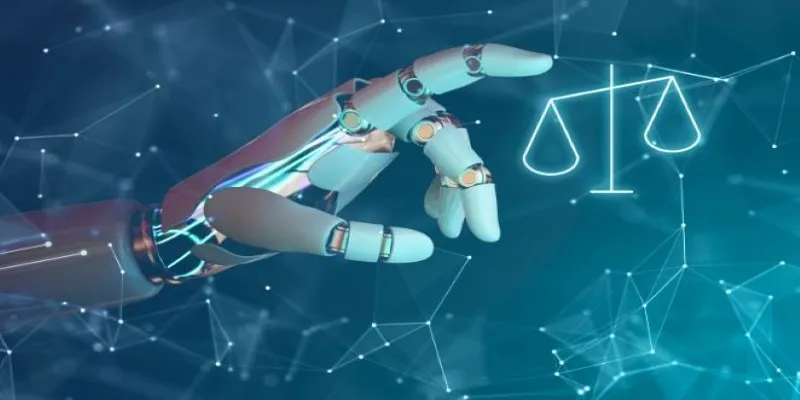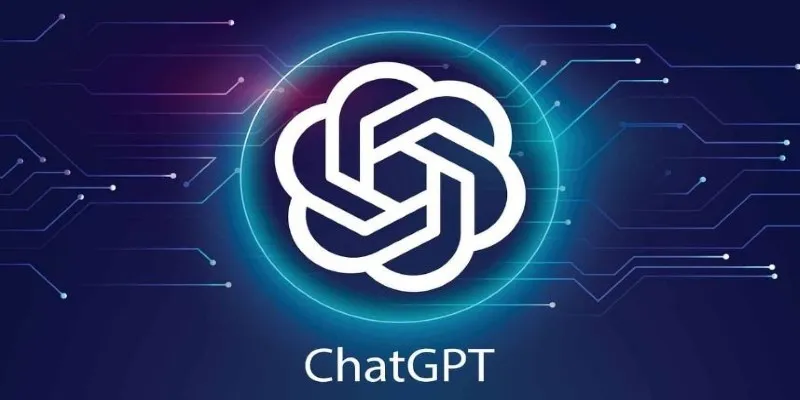Thanks to artificial intelligence (AI), content is produced and consumed differently. Companies, writers, and marketers are increasingly turning to AI for faster output, improved SEO, and enhanced efficiency. However, even with its advantages, AI also presents some legitimate concerns. Many worry about a potential drop in quality standards or that creativity might be hampered. As a result, content producers are striving to strike a balance between technological assistance and human input.
Adapting effectively requires a comprehensive understanding of both the advantages and disadvantages of AI in content creation. AI tools are continuously evolving, offering solutions that challenge conventional wisdom while simplifying tasks. Maintaining competitiveness depends on embracing these changes. Better strategies are developed when one understands what works and what does not. This dynamic shift in digital writing requires a thorough examination of AI in content creation , benefits of AI writing tools , and the challenges associated with AI content.

The Benefits of AI in Content Creation
AI tools significantly speed up and streamline the content creation process. Writers no longer need to start from scratch, as AI systems can quickly fix grammar, create outlines, and suggest headlines. This allows teams to focus more on creativity and brainstorming, rather than the tedious aspects of content creation. AI-driven keyword research simplifies SEO optimization, helping to customize material based on audience behavior and trends. Consistency in tone and style is guaranteed across all types of content. Marketers can expand their activities without incurring additional costs, as AI evaluates competitors and recommends more effective content strategies.
Companies utilize AI for blog entries, email marketing, and product descriptions. Virtual assistants and chatbots provide interactive materials based on user engagement. AI also facilitates the creation of multilingual content for a global audience. Automated design technologies enhance visual storytelling. Overall, AI provides content producers with a significant edge in efficiency, reach, and speed.
The Drawbacks of Relying on AI for Content
Despite its advantages, AI still faces challenges regarding complexity and emotion. AI-generated content can appear mechanical or lack a personal touch. AI programs often repeat words based on trends without understanding context or tone, leading to mistakes or unclear communications. For sensitive or complex topics, AI is unreliable as it lacks creative intuition and the depth of human experience. Writers must still review and refine AI-generated content to maintain quality. Over-reliance on AI can stifle creativity and fresh ideas.
AI might not recognize slang or cultural nuances, which can lead to legal or factual errors. Unchecked, these issues can harm a brand’s reputation. Some AI tools may even produce duplicate or plagiarized content, compromising trust and affecting search engine rankings. Additionally, ethical concerns arise regarding AI’s impact on employment. Over-dependence on technology risks erasing the human touch essential for compelling storytelling.

Finding the Right Balance Between AI and Human Input
Effective content strategies leverage AI as a tool, not a replacement. Writers should guide AI with clear goals and directions. The best results come from combining AI’s speed with human creativity. Use AI for data-driven tasks like content planning and keyword research, while humans manage tone, emotional appeal, and storytelling. Maintaining authenticity requires reviewing and revising AI-generated work. AI suggestions should support, not dictate, the message. Human insight prevents the use of clichés or repetitive concepts.
Writers must adapt to technological advancements while maintaining their unique voice. Collaborating with AI enhances quality and saves time, but personal experiences brought by humans are irreplaceable. Successful content teams blend technology with creativity. Establish guidelines for managing AI applications in your workflow, and educate your team on ethical and effective AI tool usage. The goal is to enhance, not replace, the creative process with intelligent technology.
SEO and AI: A Powerful Combination
AI enhances SEO through real-time analysis of search trends. Tools suggest keywords based on industry demand and user intent, enabling authors to produce relevant, high-ranking content. AI systems automatically optimize titles, headers, and metadata, improving click-through rates and visibility. Keyword density can be varied without sacrificing readability. AI identifies content weaknesses and offers improvement recommendations. AI-powered tools expedite competitor analysis, helping companies learn what works and what doesn’t.
Search engine algorithms prioritize well-organized, informative content. AI facilitates effective information organization, supporting this requirement. AI-based tagging technologies even enhance image SEO. Additionally, AI ensures fast-loading, mobile-friendly designs for a better user experience. Improved performance tracking and targeting allow marketers to make informed decisions. AI can also personalize content for specific audiences, based on behavior. When applied correctly, AI and SEO work together to boost traffic and engagement automatically.
Ethical Considerations and Future Impacts
The use of AI in content creation raises ethical questions about originality and authorship. Who is the author of AI-generated content? Should AI be credited as a co-author? These are real concerns in creative fields. Although AI cannot generate new ideas, it can mimic styles, raising issues of copyright and fairness. Another concern is misinformation; content lacking thorough fact-checking may spread false information. Regulators may introduce new guidelines for content usage.
Marketers and writers must stay informed and act ethically. Before publishing, content should be verified and sources cited. Transparency maintains audience trust. AI should not be used to deceive or manipulate readers. Companies must align with their values even when employing automation. Clearer rules and ethical standards for AI in content creation are likely to emerge. Preparing for future changes helps companies remain competitive. While AI can empower, it must be handled responsibly.
Conclusion
AI is significantly transforming content production, offering support and efficiency without sacrificing quality when used wisely. AI manages factual elements and structure, allowing writers to focus on storytelling. Success largely hinges on balancing technology with creativity. Ethical use ensures originality and maintains trust. As strategies evolve with tools, staying ahead requires knowing when to leverage AI and when to lead with human insight. Embrace AI, but always prioritize the human voice in your creations. Let AI in content creation , challenges with AI content , and benefits of AI writing tools guide your search engine optimization efforts.
 zfn9
zfn9























